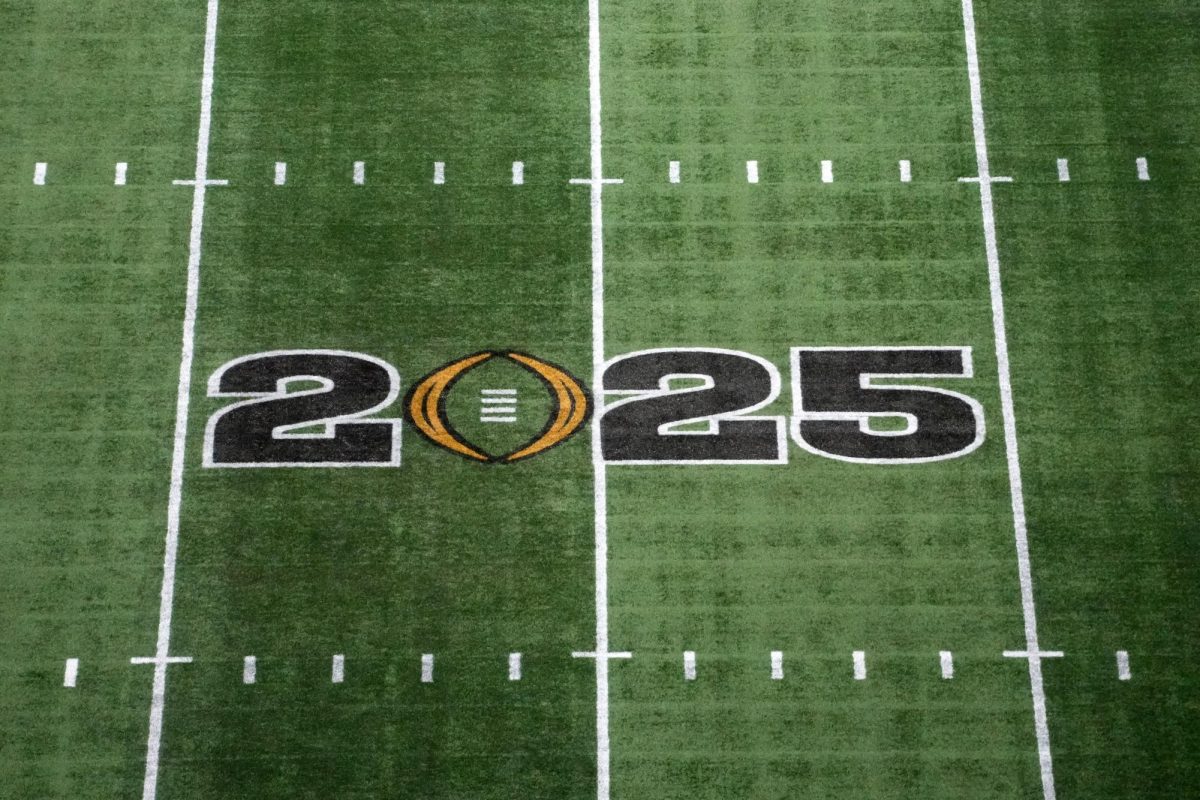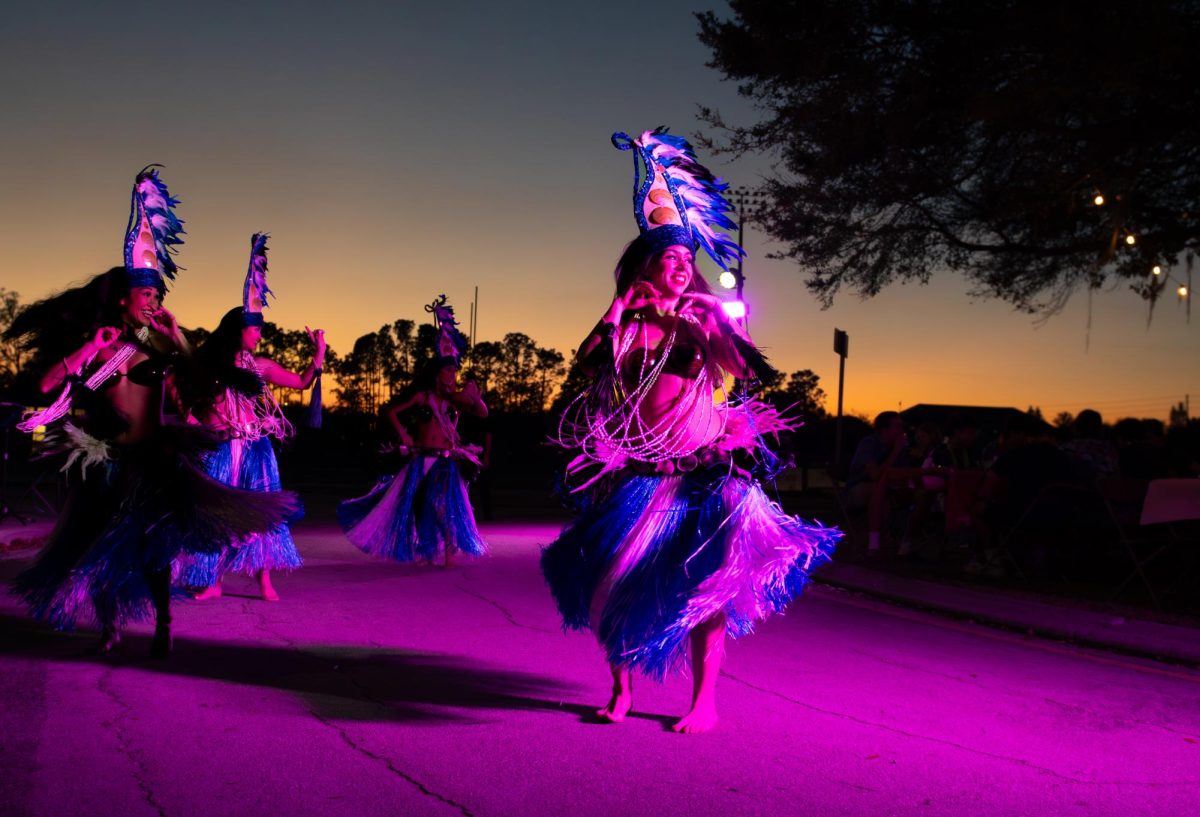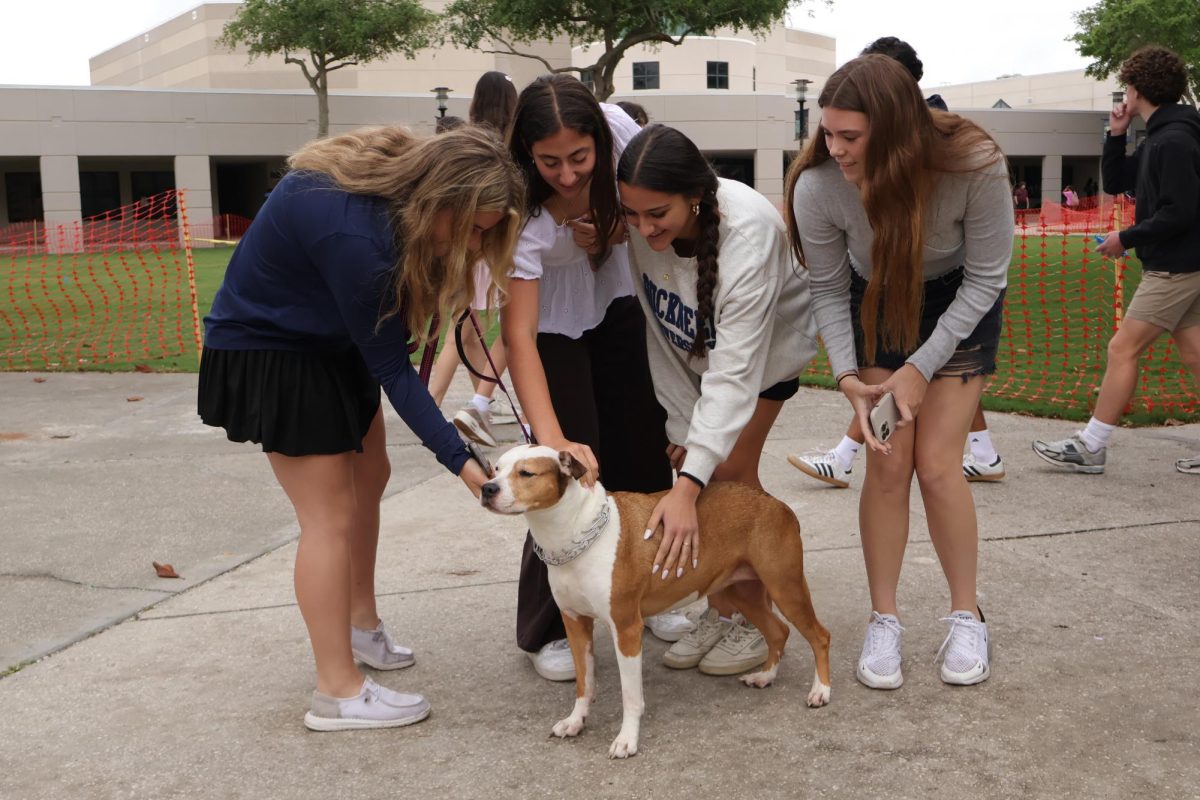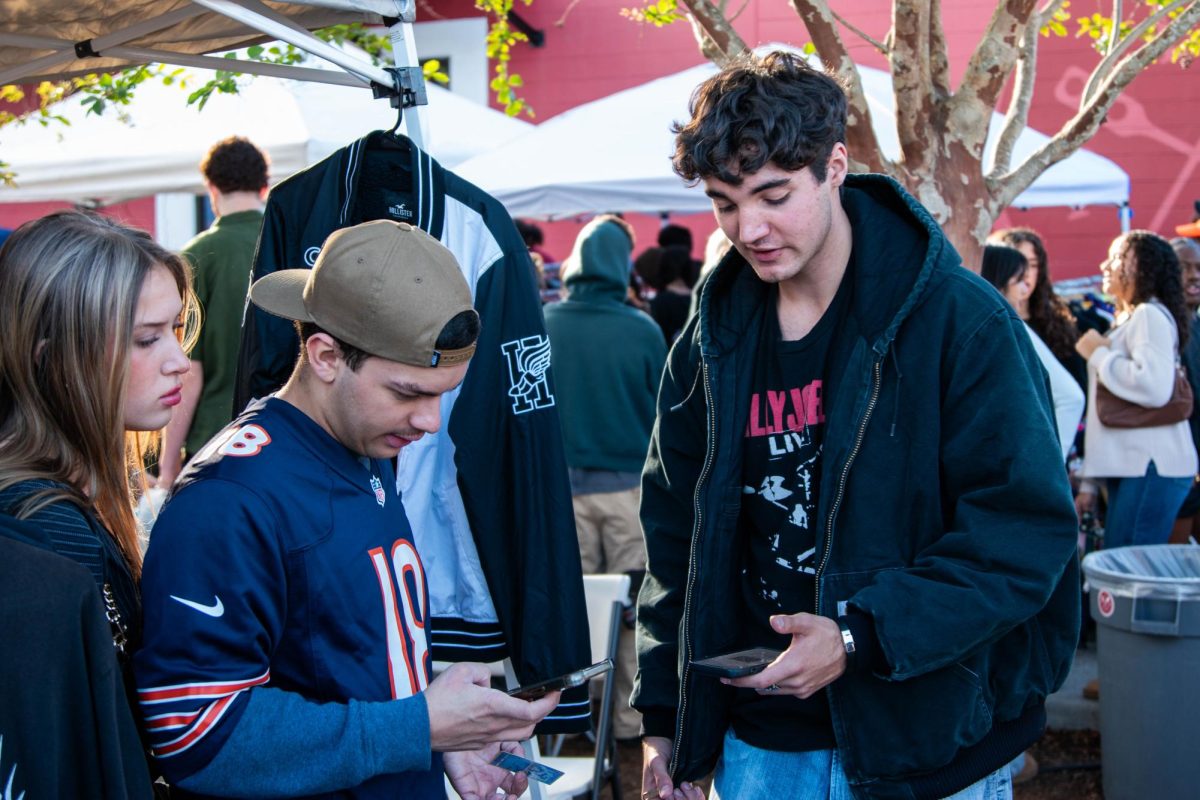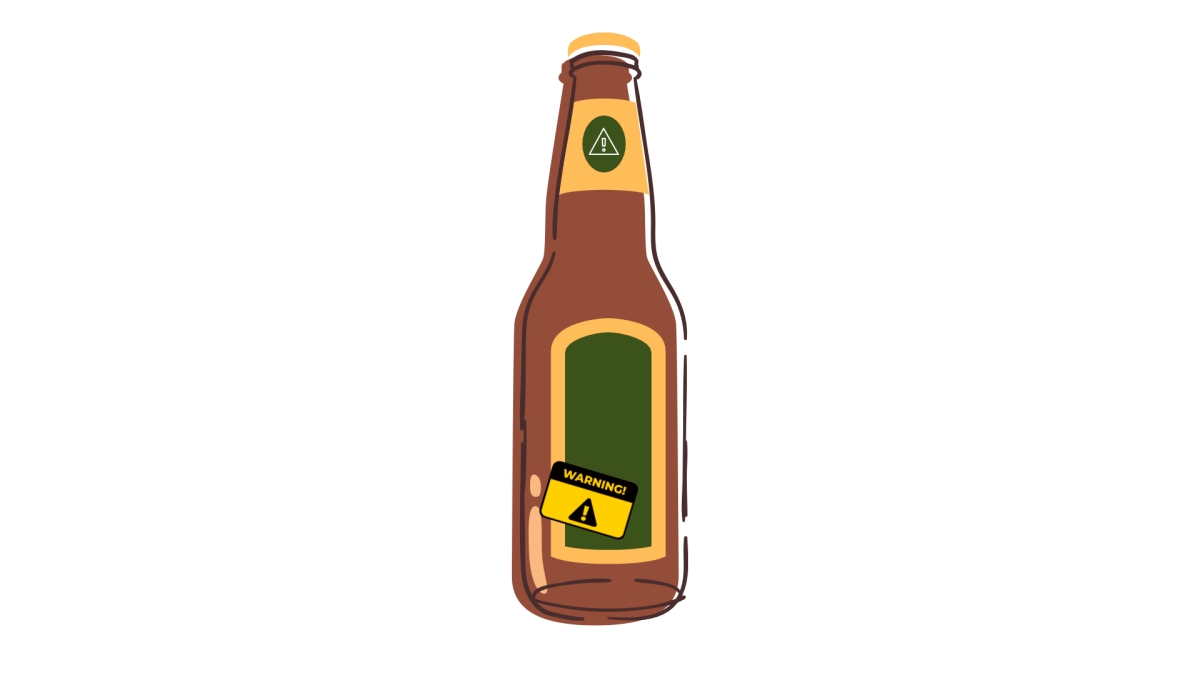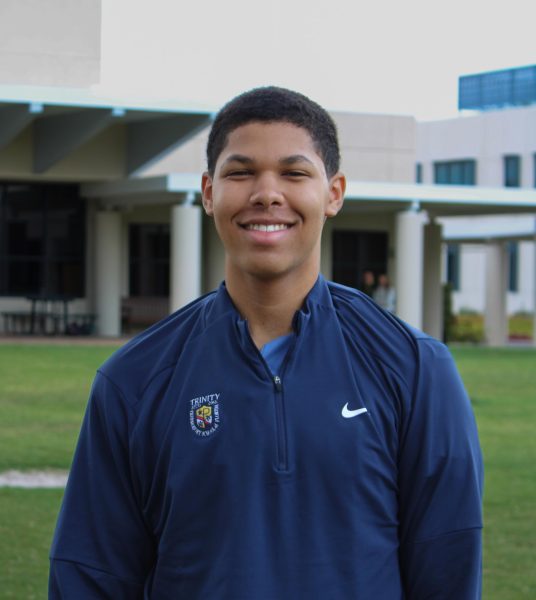April 7 brought Rosetta Lee, a speaker from the Seattle Girls’ School, to Trinity to present on a novel topic on campus: microaggressions. The presentation initiated a much needed conversation on seemingly minor remarks such as, “You only do so well because you are Asian.” Lee explained that microaggressions often isolate peers and serve to diminish a student’s hard work, even if intended as a joke.
“People are more receptive to messages that come in a humorous way, and that has pros and cons,” PhD candidate in Psychology at Columbia Dean Baltiansky said. “People feel more comfortable saying things that might be offensive because they think it’s just a joke.”
Lee presented during a time of increased concern among faculty and parents regarding discriminatory humor on campus. Trinity has been taking steps to curb this behavior though. Efforts include Lee delivering a different speech to the Middle School and the initiation of a new Middle School council. If Trinity truly wants to have a “community (that) respects the dignity of each member of the Trinity family and is safe, caring, and supportive,” as its mission states, we must acknowledge what unites us as well as address and solve what divides us.
“Part of this ties directly into our mission, which is to develop ethical and resilient leaders and … it we’re thinking about what we need to do and how to do it,” interim Head of Middle School Stephanie Dryden said.
Identity-based jokes often diminish people’s identities to a punchline and a chorus of laughs, essentially reducing them to only their skin color, gender or disability status. Making comments such as “That’s so autistic,” or “I don’t know what your people eat,” and simply laughing after it does not absolve someone from being discriminatory.
“If you’re having a normal conversation and then you just slip in a racial joke when it’s just one person, and especially if that person is of that race and you’re not, that’s not funny,” junior Jia Sood said.
Unfortunately, students are calling their peers racial slurs, treating them as if it is a joke, but that behavior only becomes more rooted in a student as they age if unaddressed. We should not infantilize younger students because if they are old enough to say a slur, they are old enough to have an open conversation about their usage.
“When Rosetta Lee came to speak to (middle school), a lot of it was about her talking about how to have good friendships, how to have good relationships and being clear with your friends,” Dryden said.
If we want to create ethical leaders, it is necessary to recognize that jokes based on identity not only isolate, but also create echo chambers within a given group further ingraining that behavior into the group dynamic. In both instances, community is eroded.
As a starting point to building a more inclusive community, abandon the mentality of “it’s just a joke” because whether you know it or not, it may not be.
“You’re incentivized by the way the world works to keep your position in the hierarchy … so there is a motivation to keep that, and that motivation could come out in jokes,” Baltiansky said.
The “it’s just a joke”mentality also prevents open conversations from being held. Many times it only diminishes the real feelings that students experience. It makes it even more difficult for that student to either set their boundaries or even find community if people around them make light of the issues that impact them.
Additionally, if someone is not laughing, trying to change the topic or acting differently from themselves, that should prompt consideration. There should also be a greater effort to understand what one student may find offensive. Respecting people’s boundaries is as hard as you make it.
“Messing around also has boundaries from person to person. You wouldn’t tease your teacher like you would tease your friends,” eighth grader, Enzo Cuada said.” So it’s always just boundaries (and) definitely no racist, misogynistic (jokes). Stuff in that area is definitely a no go for anyone, anything, (in) any sort of situation.”
Beyond the students, the school itself needs to do more to prevent this behavior than just a slap on the wrist. An assembly lecturing middle school on the usage of slurs and educating high school students on microaggressions is only as good as the follow-through is. Faculty, if it is within their ability, should do more to continue these conversations in and out of the classroom.
“We have been making, in the middle school, a concerted effort all year to really emphasize community and to think about what our community norms are,” Dryden said.
This could look like calling out jokes that they hear on campus. The school should then enforce the already-existing rules given that the student body is fully aware of the impacts that their behavior may have.
“Obviously there’s a time and a place and also an ability to shut up,” Sood said. “And certain people need to have that ability to shut up.”





